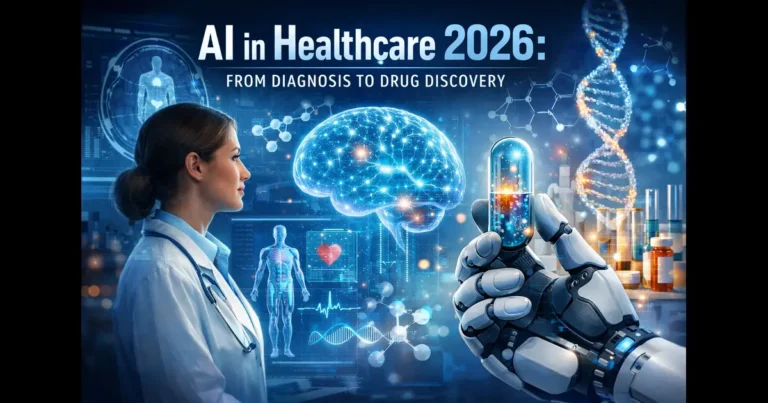
Meta’s MusicGen Allows Conversion of Text Descriptions and Melodies into Unique Audio Compositions
Meta, formerly known as Facebook, has introduced an innovative tool that is set to revolutionize the world of music composition. The tech giant has unveiled ‘MusicGen,’ an AI-powered music generator that has the capability to convert text descriptions and melodies into fully composed audio compositions. This groundbreaking development aims to empower musicians, composers, and enthusiasts by providing them with a powerful resource to explore new musical possibilities.
Open Source and Collaborative: Meta Releases MusicGen’s Code and Models for Public Access
In a move emphasizing their commitment to openness and collaboration, Meta has made the code and models of MusicGen freely available to the public. This decision aims to encourage research, foster reproducibility within the music community, and drive advancements in the field of music generation. By sharing the technology behind MusicGen, Meta hopes to facilitate collaboration and inspire further creativity in the music industry.
The Unique Features of MusicGen: A Single-Stage TransformerLM Architecture
Introducing MusicGen as a groundbreaking innovation in music generation, Research Engineer Felix Kreuk from Meta AI research recently shared on Twitter the remarkable capabilities of this tool. What sets MusicGen apart from previous methods is its utilization of a single-stage transformerLM architecture, leveraging the EnCodec audio tokenizer. This unique design incorporates efficient token interleaving patterns, eliminating the necessity for multiple cascaded models. As a result, MusicGen enables seamless and controllable music generation, revolutionizing the field.
Extensive Training and Diverse Dataset: MusicGen’s Robustness and Versatility
To ensure the model’s robustness and versatility, Meta trained MusicGen on an extensive dataset consisting of an astounding 20,000 hours of music. This dataset encompasses 10,000 meticulously selected high-quality licensed music tracks, along with an impressive collection of 390,000 instrument-only tracks sourced from the ShutterStock and Pond5 stock media libraries. Such comprehensive training equips MusicGen with a broad musical understanding and the ability to generate diverse compositions.
AI Music Generation: Meta and Google Lead the Way
While Meta’s MusicGen showcases their expertise in AI music generation, it’s worth noting that other tech giants have also delved into this space. In May, Google unveiled ‘MusicLM,’ an experimental AI tool capable of generating high-fidelity music across various genres based on text descriptions. Initially announced in January, MusicLM has now been made available to the public through the AI Test Kitchen app, accessible via web browsers as well as Android and iOS devices. The emergence of these AI-powered music generators reflects the growing interest and potential of AI in the creative domain.
Encouraging Collaboration and Advancement in Music Generation Research
The availability of AI-powered music generators like MusicGen and MusicLM has opened up new possibilities for musicians, composers, and music enthusiasts. These tools provide powerful resources to experiment, inspire, and create unique musical compositions. By openly sharing the code and models, both Meta and Google aim to encourage collaboration within the music community and drive further advancements in music generation research. This commitment to openness and collaboration ultimately enriches the music industry and facilitates the exploration of AI’s creative capabilities.







